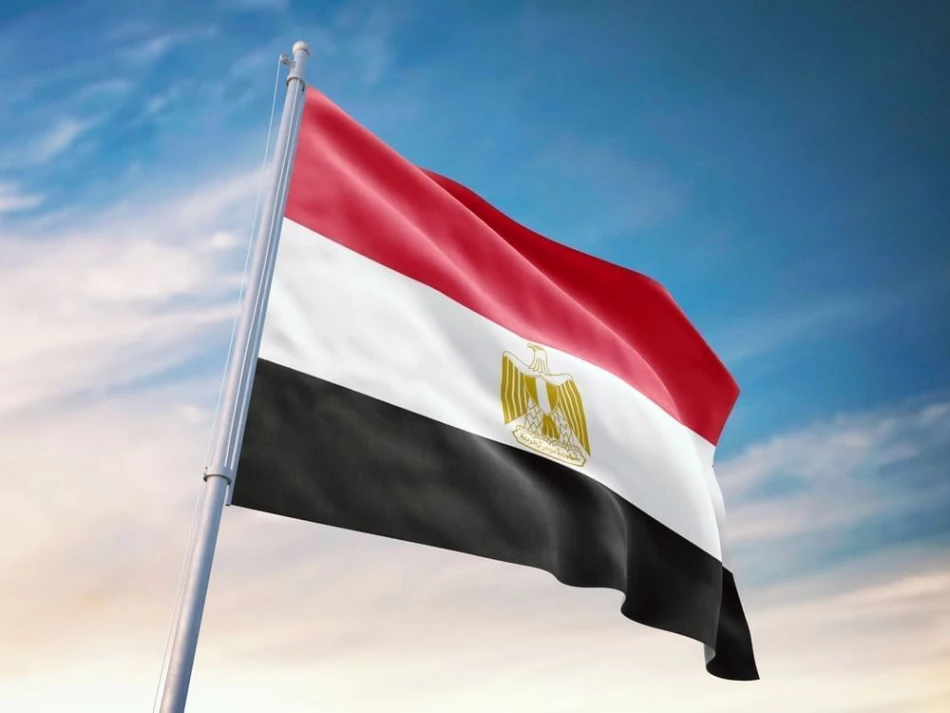
Egypt Intensifies Talks with US, Iran, and IAEA to Resume Nuclear Negotiations
Egypt is working behind the scenes to prevent a major nuclear standoff from spiraling out of control. The country has been in extensive talks with the US, Iran, and the International Atomic Energy Agency as Iran declares the 2015 nuclear deal officially dead and demands the UN Security Council drop the Iranian nuclear file entirely.
Egypt's foreign ministry said today it's pushing for calm and trying to build on momentum from the Cairo Agreement signed between Iran and the IAEA on September 9. The goal is to create conditions where Tehran and Washington might actually sit down for new nuclear talks.
But here's the problem: Iran just announced that both the nuclear deal and UN Resolution 2231 expired on October 18, 2025. Iranian officials are now demanding that the Security Council remove Iran's nuclear program from its agenda completely, arguing the resolution no longer has any legal standing.
This puts everyone in a tough spot. The original nuclear deal, known as the Joint Comprehensive Plan of Action, has been on life support for years. The US pulled out in 2018, Iran gradually stopped following its commitments, and European allies have struggled to keep it alive.
**What this means for global markets and security**
Nuclear standoffs create uncertainty that ripples through oil markets and regional stability. Iran controls about 10% of global oil reserves and sits on one of the world's most important shipping routes. Any escalation could send energy prices higher and complicate trade flows.
For investors, this creates a classic geopolitical risk scenario. Defense stocks often benefit from regional tensions, while broader markets tend to get nervous about supply chain disruptions and energy costs.
The timing matters too. With ongoing conflicts in the region and shifting global alliances, a nuclear crisis could force countries to pick sides in ways that reshape diplomatic and economic relationships.
Egypt's mediation efforts show how middle powers are trying to prevent regional crises from becoming global ones. But with Iran taking such a firm stance and the US facing its own political pressures, the window for diplomatic solutions may be narrowing fast.
The key question now is whether the September agreement between Iran and the IAEA provides enough foundation for broader talks, or if Iran's latest declaration makes compromise impossible.
Most Viewed News

 Sara Khaled
Sara Khaled






